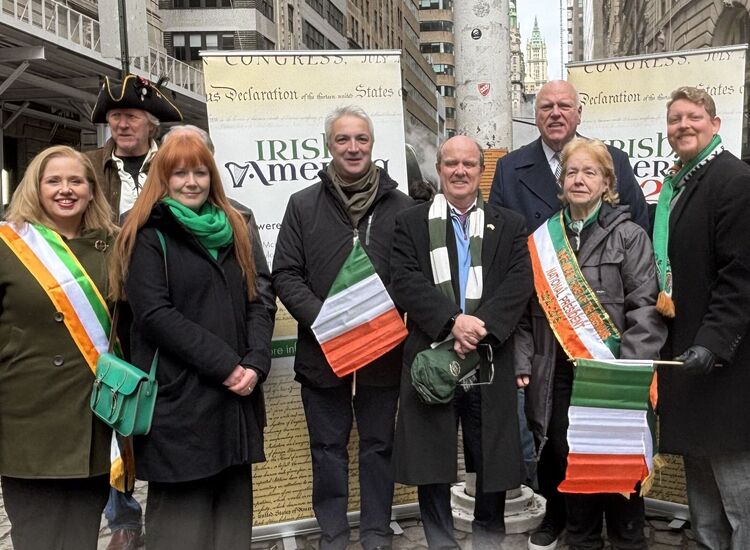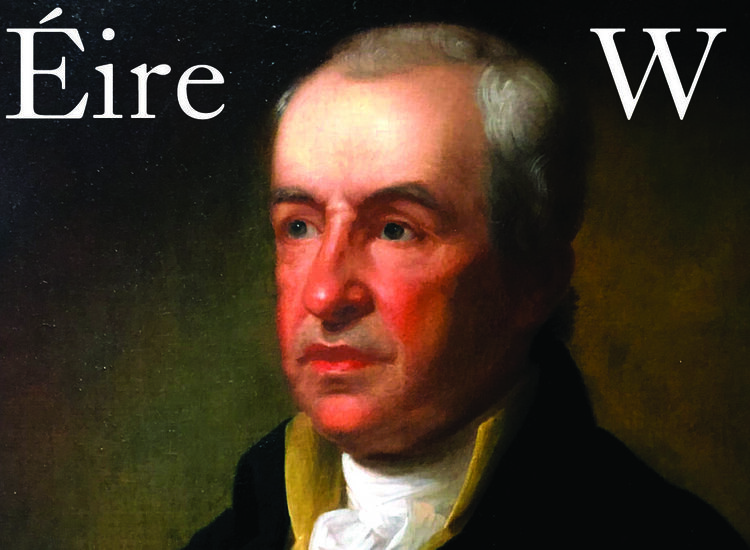[caption id="attachment_69545" align="aligncenter" width="600" caption="Defense minister Alan Shatter."]
The Irish government is now seriously considering whether to officially pardon nearly 5,000 soldiers who were branded deserters after they left the Irish army to fight for the Allies in World War II.
With Ireland remaining officially neutral during the 1939-45 conflict, the 4,983 troops were vilified by the state upon their return. The men were blacklisted through a parliamentary order, which became known as "the starvation order,'" which saw them being banned from jobs, refused military pensions and facing widespread discrimination.
But Minister for Defense Alan Shatter has said he feels the dishonorable discharges are "untenable" and although advice is needed from Attorney General Maire Whelan, exonerations could now be on the way.
Mr. Shatter said for more than a decade Irishmen who died fighting for Britain in the war had been commemorated.
"Many who fought in British uniforms during that war returned to Ireland. For too many years, their contribution in preserving European and Irish democracy was ignored.
"Some of those include members of our defense forces who left this island during that time to fight for freedom and who were subsequently dishonorably discharged from the defense forces.
"It is untenable that we commemorate those who died whilst continuing to ignore the manner in which our state treated the living in the period immediately after World War II, who returned to our state having fought for freedom and democracy."
Last week, the Northern Ireland Assembly unanimously backed the campaign for pardons for the servicemen involved.
Paddy Reid, whose father and uncle were among those who left the defense forces to fight in the British Army during World War II, said he was delighted at the proposal.
"I am really happy the minister is going to act on the matter and all of those who played their party in fighting fascism are finally going to get a pardon. Not only will it recognize what they did, it will also be a consolation to their families who suffered hardship as a result of their actions.
"My father fought against the Japanese at the battle of Kohima in India, which was regarded as the turning point of the war in the east. His unit was cut off for a week and his memories of that event and the piles of Japanese dead around his position stayed with him all his life.
"Yet when he came home, he was told we don't want you here. The fight against fascism meant nothing to those who regarded things through purely nationalist eyes."
The story behind the blacklisting of the Irish soldiers is told in a book written by British writer Robert Widders. Widders penned an op-ed in the Irish Echo in recent months that explained the background to the story and the effort to secure a pardon.












